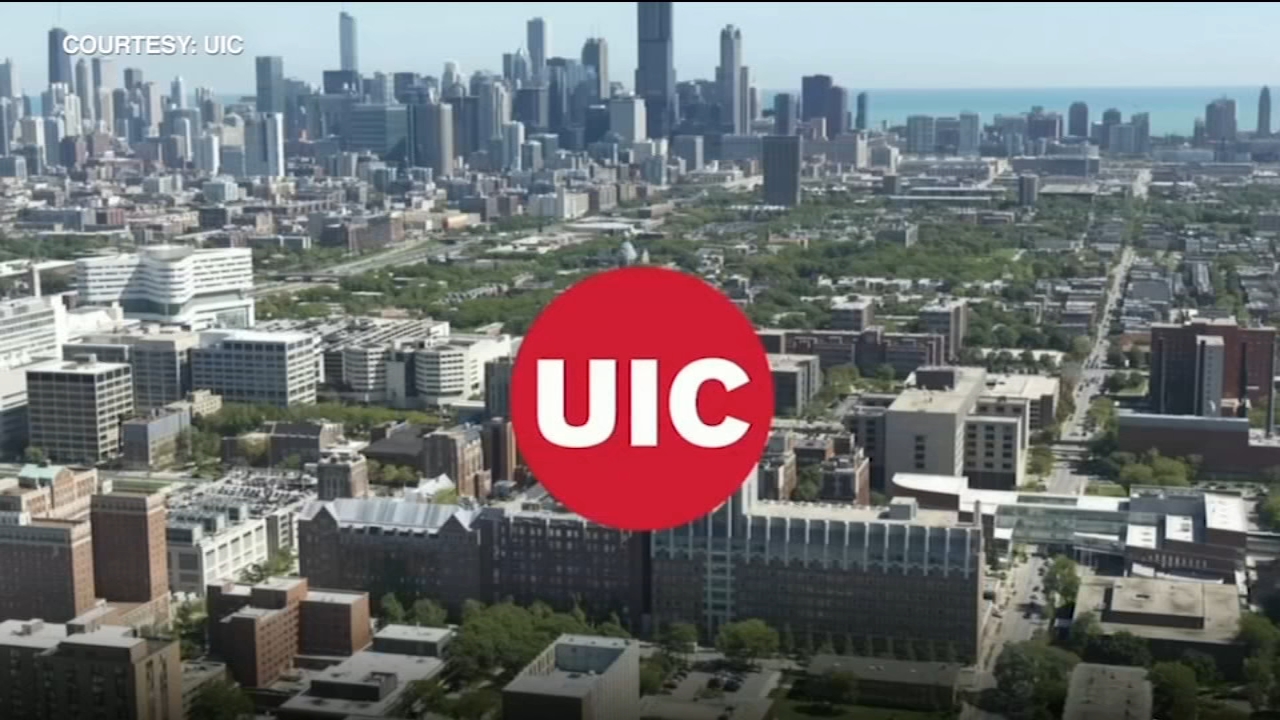The school wants to change that with a $1 billion plan that will remake UIC over the next decade into a place students can get ahead and want to hang around.
[Ads /]
Chancellor Michael Amiridis offered a perspective on the 104 acre campus from his penthouse office, bringing into focus just how big the challenge is.
"If you drive from Harrison to Halsted, all that you see are walls," he said. "Within a three to four year period all of this area will be redone."
With a slick video and an earnestness that belies the traditional stuffiness of academia, Amiridis, a former industrial engineer, said UIC has to open up to the city more and invite people in.
"This is the fastest growing university in the state of Illinois for the last five to 10 years. Students are coming here in large numbers, they are voting with their feet, and they demand to have the right type of facilities," he said.
Those facilities include more green space, world class academic facilities like a new cancer institute, and a skating rink financed through public-private partnerships, bonds and private money. A new performing arts center has also been envisioned for the shoulder of the Jane Byrne Interchange.
"This institution has a legacy of being accessible to the low income students, a very diverse environment of first generation immigrants," Amiridis said.
[Ads /]
Amiridis knows some of the history isn't good; UIC's 1965 construction displaced 8,000 residents and over 600 businesses from Little Italy and Greektown, according to news reports from the time.
Students also have ideas about what UIC should look like.
"You have to think of UIC... due to the location, you have a lot of commuter students, so how can we build an incentive for them to stay here and also for students who want to apply here to be here," said Brady Middleton, UIC industrial engineering student.
"While there are a lot of facilities, not everybody takes advantage of them because they don't know what they do. They are not broadly advertised around here," said Gabriel Pantoja, UIC finance major.
The school has 32,000 students and graduate students, and more doctors from its medical program than any school in the United States. The challenge now is to break down the walls of the Brutalist architecture and show people outside what's going on inside, and let prospective students truly feel like they are living and studying in the heart of America's greatest city.

